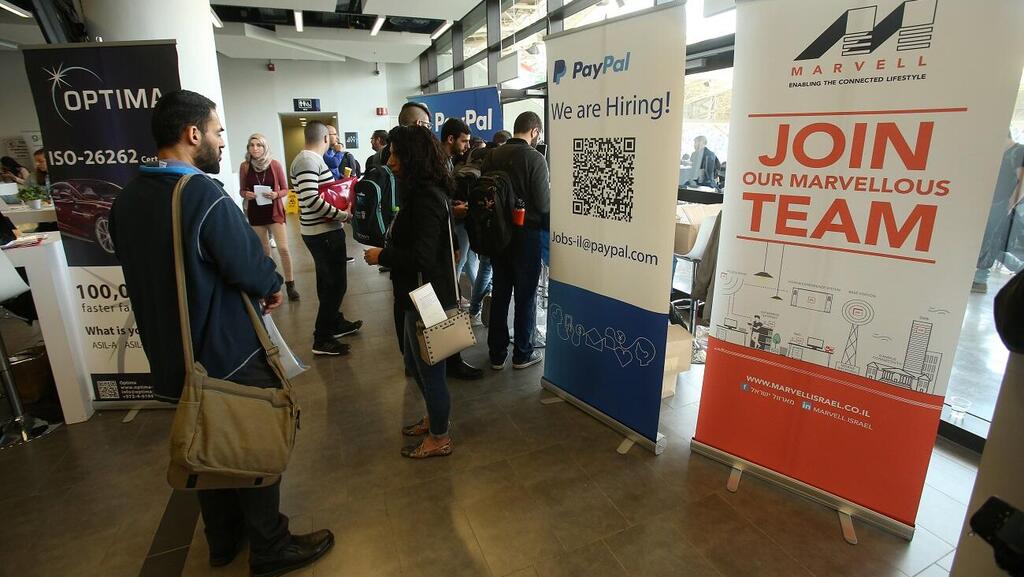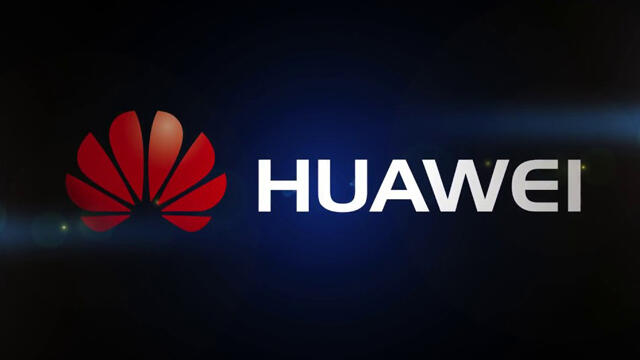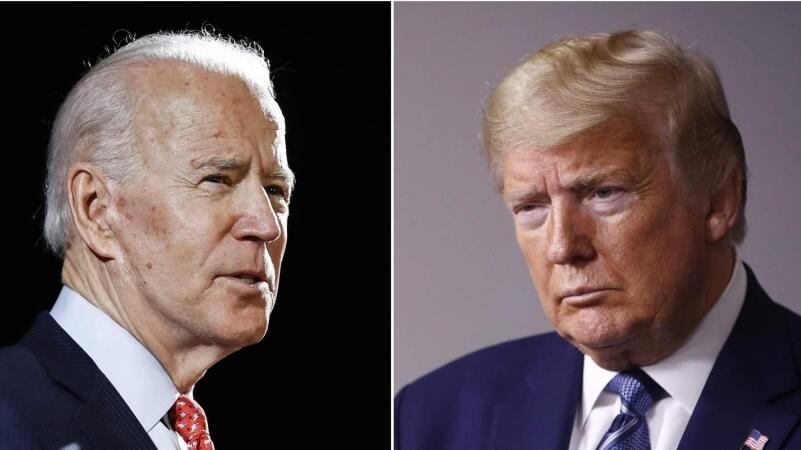Although Joe Biden's first Mideast tour had its ups and downs, the United States' president can be pleased about one thing - he has managed to drive an even bigger wedge between Israel's high-tech sector and America's rival China.
According to Bloomberg, the Americans have been trying to pry Israeli high-tech from China's hands for years. Although these efforts that were met with partial success over the years, it seems like the tides are turning for the better, as far as the U.S. is concerned.
Israel is considered a hub for cybersecurity firms, many of which are manned by veterans of its military's intelligence units.
Over 40% of private investments in cybersecurity globally are funneled into Israeli firms, according to the Israeli National Cyber Directorate. Additionally, many foreign high-tech companies have also opened research and development centers in Israel.
Until 2018, China solidified its place as an important partner to Israel's burgeoning high-tech sector, which was looking for a reliable source of capital and access to one of the biggest global markets.
Chinese investors poured $424 million into Israeli start-ups in 2018 alone. Chinese behemoths such as Ali Baba and Huawei also opened their R&D centers in Israel. The former closed its center in Israel last month.
But these cordial relations have cooled off since.
“China is still very much interested in Western-style technologies,” but is finding itself increasingly locked out of the U.S. and Europe, says Junhua Zhang, a senior associate at the Brussels-based European Institute for Asian Studies. “So the only option is Israel.”
There are several reasons behind the growing aloofness between Israel and China.
First, the COVID-19 pandemic that started in China aroused the West's concerns regarding Chinese technology and its real intentions. Israeli companies that once accepted Chinese investors with open arms were much more reticent about doing business with them due to the potential political implications.
The shift began when former U.S. President Donald Trump imposed sanctions on Huawei and other Chinese companies, leaning on U.S. allies to block exports of sensitive software and microchips to China among other things.
The U.S. also pressed Israel to audit its investments through its Committee on Foreign Investment, which gives its officials the authority to veto or set terms on investments that could risk national security.
Israel began to do so in 2019 but only for companies in the fields of infrastructure and energy while the high-tech sector was left out.
“We would like to see Israel’s investment screening system strengthened and expanded, especially in the field of high tech,” a U.S. Embassy spokesperson told Bloomberg. “We have been candid with our Israeli friends over risks to our shared national security interests.”




